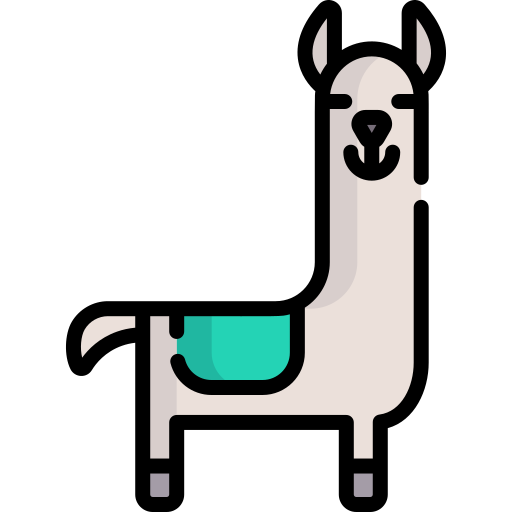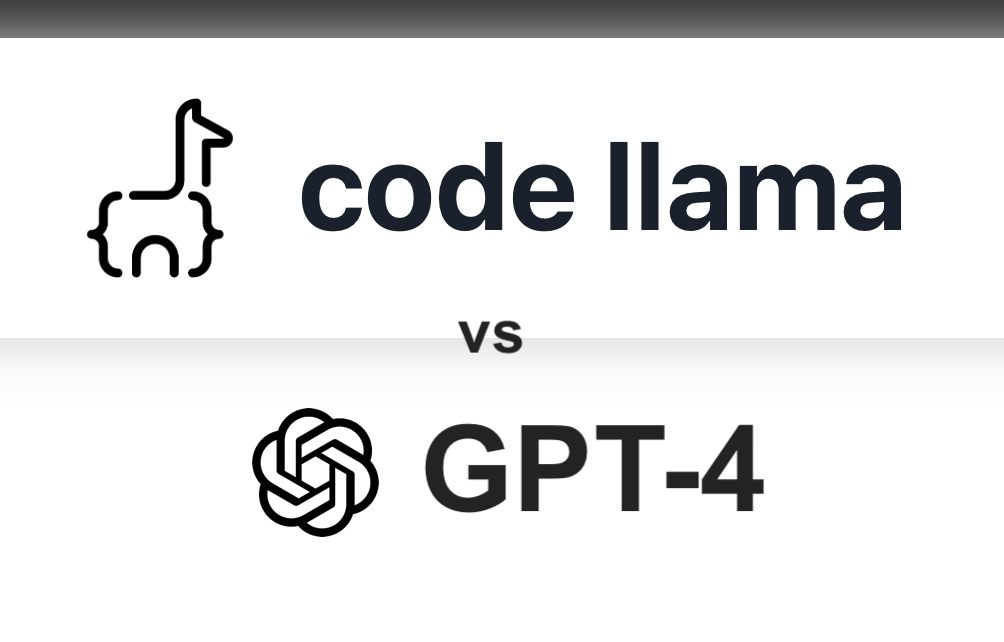Recently Meta unveiled CodeLLama, a 70-billion-parameter open-source large language model (LLM). This release marks a significant milestone as it introduces the largest and most effective iteration of their LLM to date. CodeLLama is available in three distinct versions: the base model, the Python-specific model finely tuned for Python coding, and the Instruct model, which is designed to understand natural language instructions.
CodeLLama was first introduced in August 2023 as a state-of-the-art large language model specifically developed for coding tasks. Fast forward to the end of January 2024, the CodeLLama 70-billion parameter model was released. This model, available in the same three versions as its predecessors, is free for both research and commercial use.
The licensing is quite open, although there is a stipulation that requires entities with more than 100 million monthly active users to seek a license from Meta directly.
Comparison CodeLLama with GPT-4
CodeLLama not only serves as a productivity and educational tool for programmers but also aids in creating robust, well-documented code. In a direct comparison, the CodeLLama Instruct model scores slightly higher than GPT-4, with a rating of 67.8 compared to GPT-4’s 67, as reported in their respective technical documentation. This positions CodeLLama at the forefront of publicly available NLMs for coding tasks, matching and in some instances surpassing GPT-4 in performance.
The open-source nature of CodeLLama allows the community to continuously improve and adapt the models. Influencers like Harrison Kinsley, also known as Sentdex on YouTube, highlight the potential of CodeLLama to replace more restrictive models like those offered by closed AI firms.
With the release of the 70-billion model, further enhancements are anticipated which could shift the preference of many developers from closed-source models like GPT-4 to more open and adaptable solutions like CodeLLama.
Conclusion: The Open Source Movement’s Role
As CodeLLama continues to evolve, it will likely inspire more open-source projects that aim to democratize AI technology further. This movement represents a significant shift in how AI development is conducted, potentially leading to more innovative and accessible AI solutions in the future.
Mark Zuckerberg’s push towards championing open-source AI initiatives marks an interesting chapter in the tech industry, suggesting a broader adoption and support for open-source models.
Read related articles:

